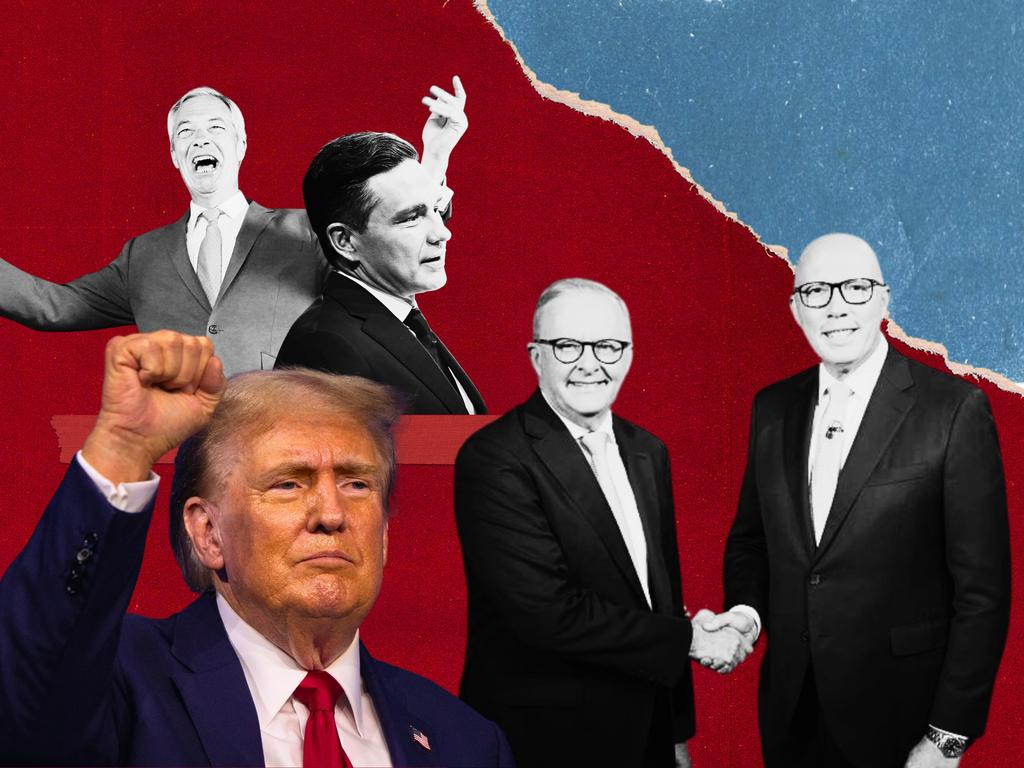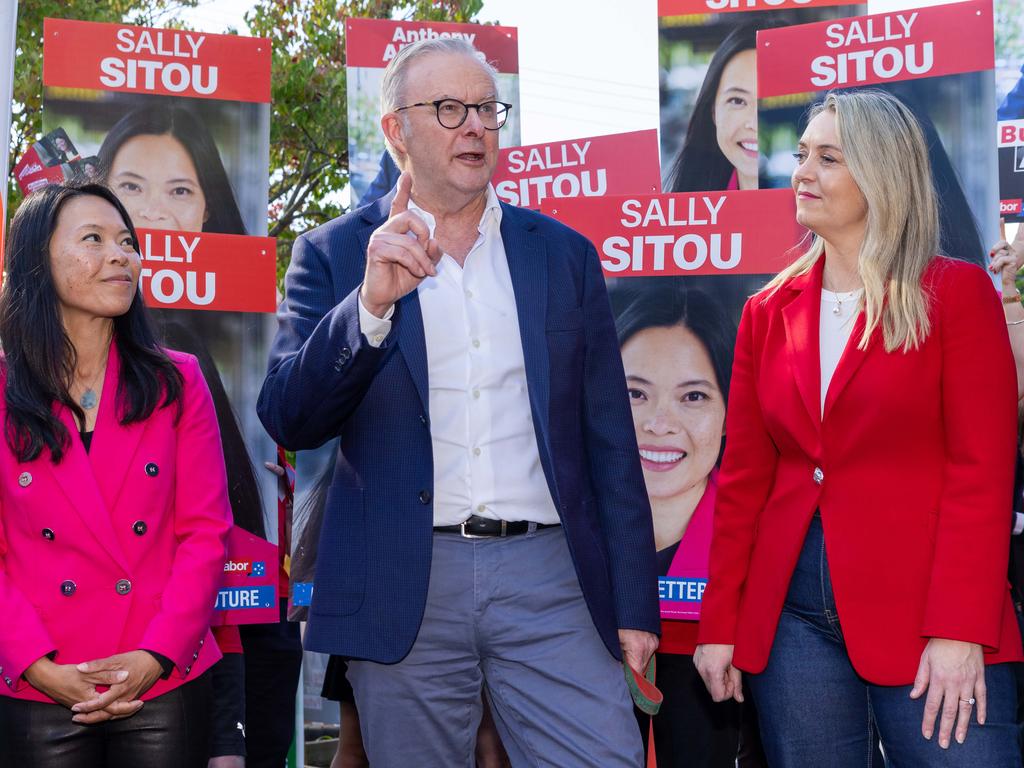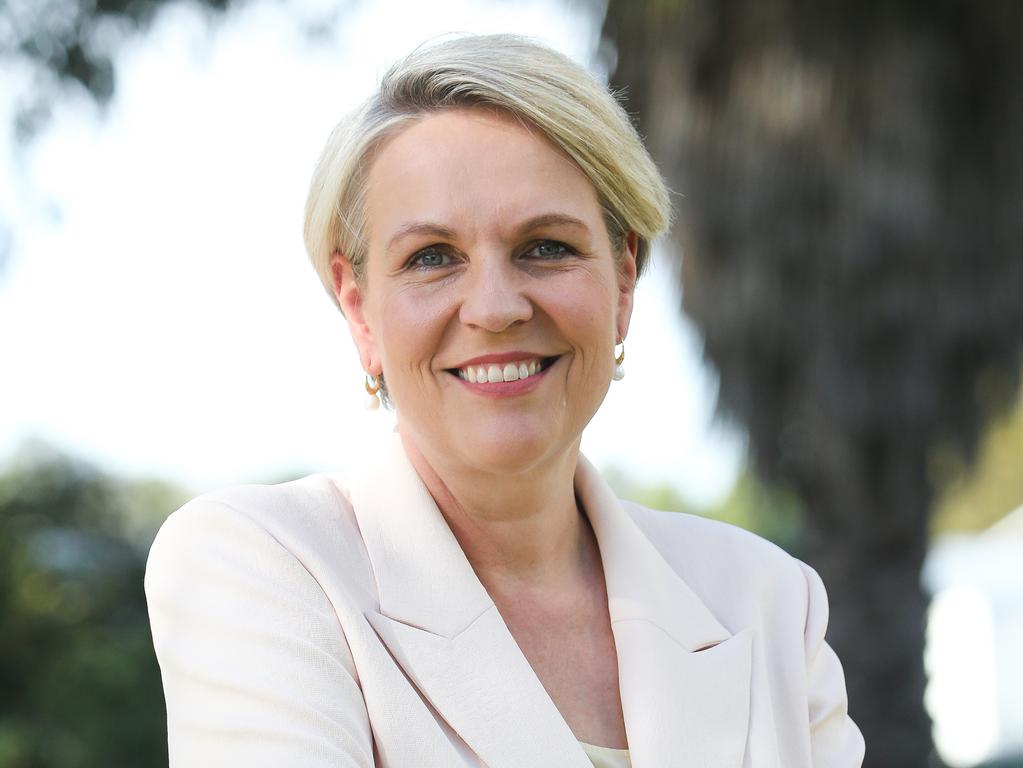Political punditry, the biggest scam of election campaigns
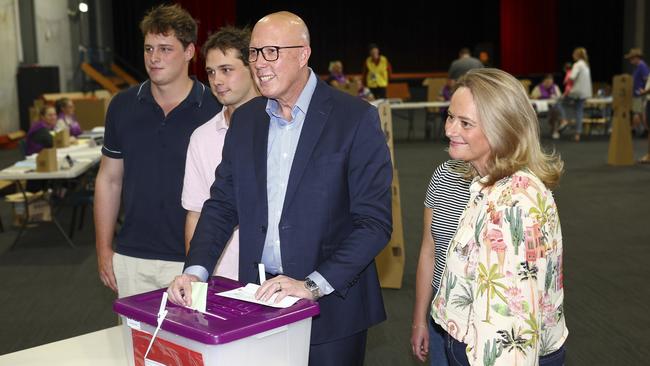
An election is a market. The producers are the candidates and political parties. The voters, the consumers, drift idly among their stalls, inspecting wares and wondering what to buy.
If this seems like a banal insight, may I suggest it has a non-trivial corollary?
If an election is a market, then like any other market it is directed by what Adam Smith called the “invisible hand”.
Four months ago, Peter Dutton and the Coalition were riding high. What changed? Did Dutton not try hard enough to distance himself from Donald Trump? Did he try too hard? Was it the Coalition’s work-from-home policy? Was it the fact Dutton played the culture wars – or, wait, the fact he didn’t play them hard enough?
Beats me. Why did VHS destroy Betamax in the 1980s? Why did the BlackBerry, the accessory that was more like a vital organ for journalists and finance workers in the noughties, turn into carrion in what felt like the space of 48 hours? Talk to the invisible hand about it. Let me know what it says.
This (now) non-trivial insight into the nature of politics has a further significant corollary.
Fellow citizens, we are being dudded. There is fraud afoot. Focus-group polling, for instance, is fraud. However “scientific” your methodology, you can’t read the minds of voters any more than you can read the minds of consumers.
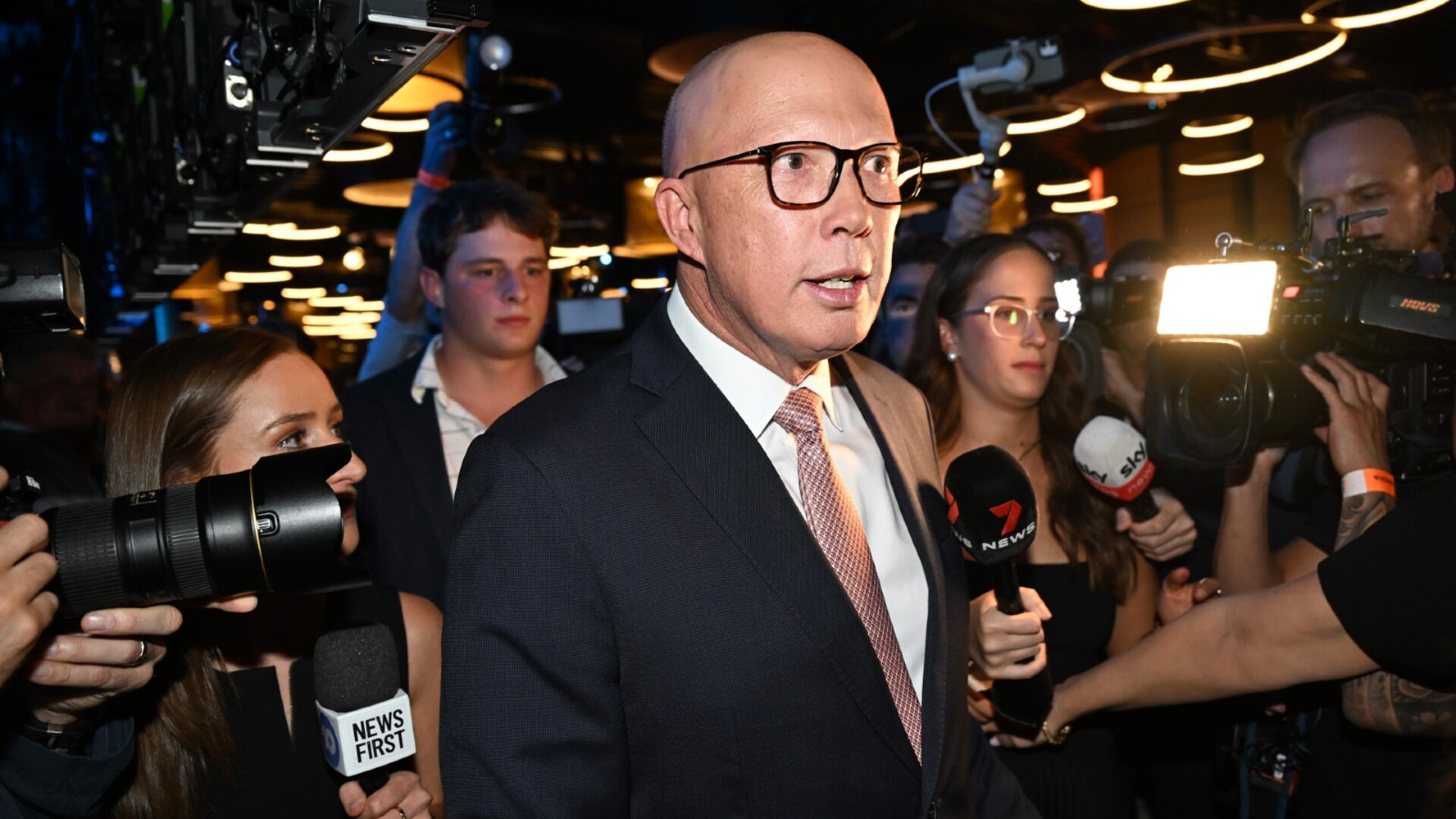
During the 2015 NSW election campaign I woke daily at 5am to receive the results of the previous evening’s focus groups. Struggling to operate the Nespresso machine with one hand while holding my iPhone (the BlackBerry long since amputated) to my ear with the other, I’d learn that 19-year-old apprentices were unhappy. They were saving for their first HiLux but it was tough going.
Panic stations!
Now the day had to be about them. Whatever we’d planned, forget it. The big announcement would be a measure to ease the squeeze on tradies.
The related profession of “campaign strategy” is another fraud.
At the start of the 2015 campaign we senior staff were told to forget the idea we were in charge any longer. Longstanding party operatives would take over from here and tell us what to do. They understood campaign strategy and how to read and convince the electorate. It’s a science, after all.
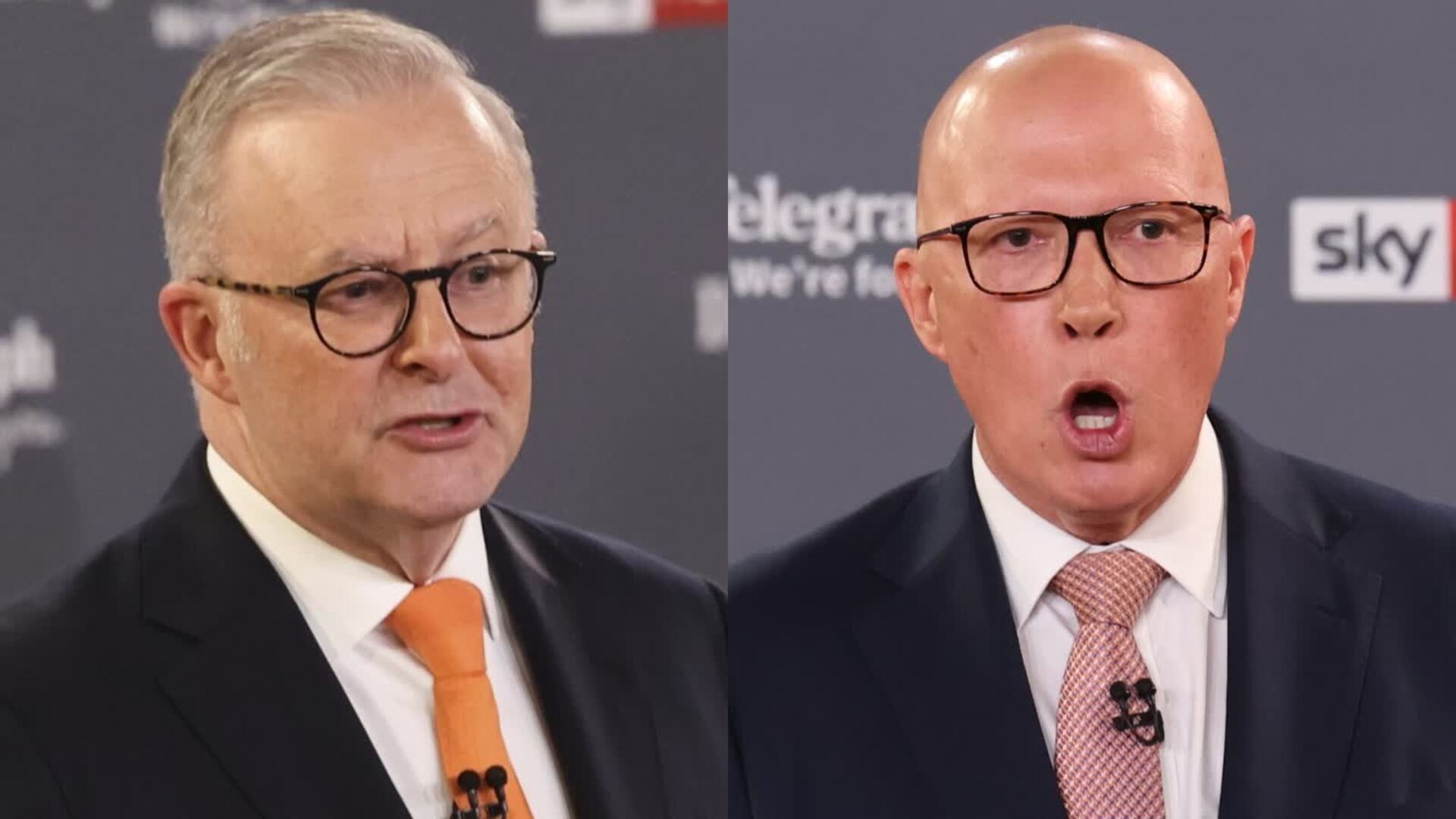
What was never explained was, if we were such rubes, how come we had managed to deliver to campaign HQ the most popular NSW premier in living memory?
These activities are fraudulent but mere nickel-and-dime stuff compared with the biggest scam of all.
I speak of punditry, most especially the post-hoc explanation and analysis of exactly why the election turned out the way it did. This is where we learn the Coalition disaster was an accident waiting to happen, a slo-mo train wreck.
Dutton, we’re told, was warned a thousand times the wreck was coming but proceeded towards the cliff edge, lemming-like.
Suddenly, the precise motivation of the electorate is obvious. But there is one common feature to the searing insights revealed to us by the pundits on the Monday after the election. It is that they were not willing to share those same insights with us on Friday.
I’m not being critical of my good friends in polling, campaign strategy and punditry.
After all, I was once a junior consigliore in this overlapping network of crime families. For more than I decade I produced reams of election punditry. And yes, while I already had inklings about the invisible hand of the election market, I simply pretended to possess X-ray vision.
These days, if asked for my analysis of any election result, I simply quote Smith, followed by philosopher Ludwig Wittgenstein: “What can be said at all can be said clearly, and whereof one cannot speak, thereof one must be silent.”
Imre Salusinszky is an author and journalist. He was media director for former NSW premier Mike Baird.

